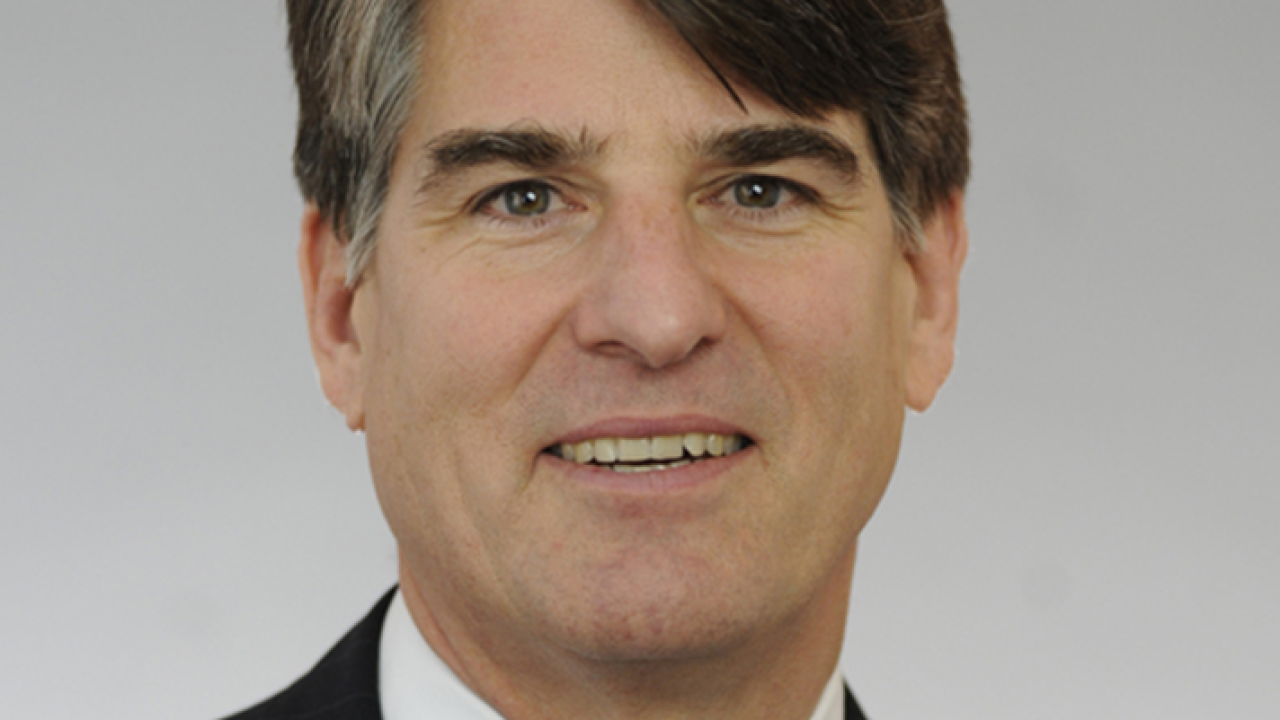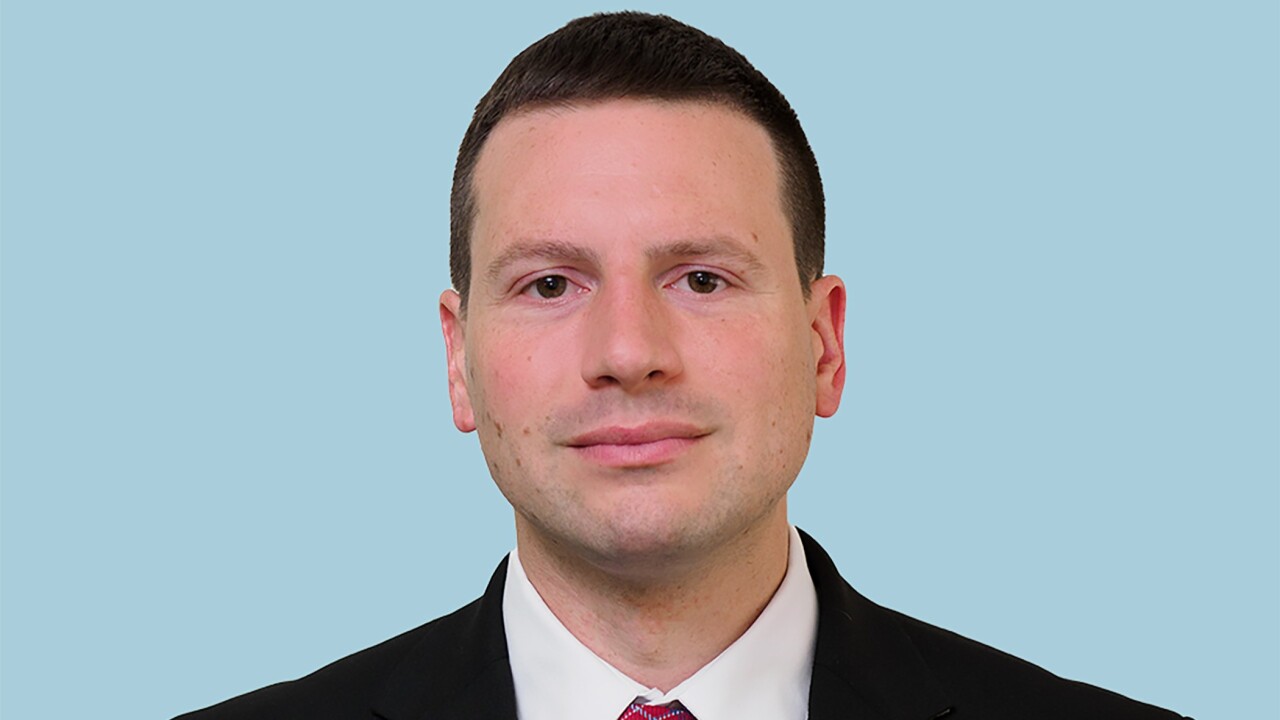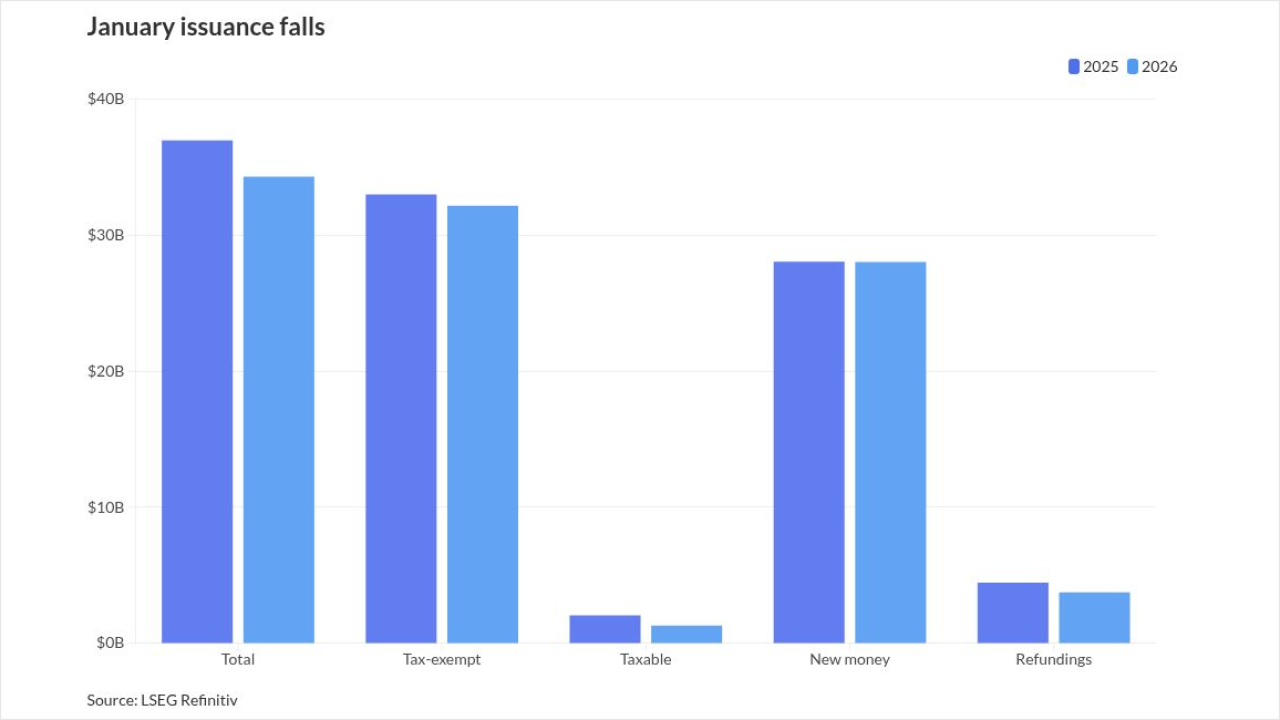In her inaugural address, Massachusetts Gov. Maura Healey affirmed her administration's commitment to overhauling the state's public transportation infrastructure.
"The state of our trains and roads and bridges today is unacceptable," Healey said Thursday, adding there was an "urgency" for capital development of the state's neglected transportation infrastructure as she took office.
Her plan calls for a wide range of projects and billions of dollars in new capital spending in addition to several fundamental reforms to the state's transportation oversight agency.

Healey, a Democrat who served as the state attorney general from 2015 to 2023, cruised to victory in the governor's race November, besting Republican rival Geoff Diehl with 63% of the vote. On the campaign trail she made correcting Massachusetts's mounting transportation shortfalls a key focus.
She succeeds Charlie Baker, a Republican who served two terms.
Healey's
The MBTA had several "serious rail transit safety events," one of which ended in the death of a passenger, occur in less than a year, said federal investigators who audited the authority between July 2021 and April 2022.
Investigators blamed the safety failures on understaffing that fatigued dispatchers and operators as well as a chronic lack of capital investment over time.
The report identified five "organizational deficiencies" in need of immediate attention, including overdue repair work and a revamping of training programs. They also said the MBTA's state oversight agency, Massachusetts Department of Public Utilities, failed time and time again to use its authority to "ensure the identification and resolution of safety issues at MBTA" despite frequent safety performance issues that year.
Healey said her transportation plan, paired with the recommendations of FTA investigators, will inform her transportation work in her first year in office.
Her administration intends to perform a full "safety review of rail and bus operations" and Healey promised to appoint a transit safety chief within 60 days of taking office.
A report published by the state Senate's Transportation Committee on Thursday also highlights safety issues and frequent failures in oversight.
"With the Safety Review Report and the FTA report, we have the information and opportunities we need to improve transit oversight here in Massachusetts," said Sen. Brendan P. Crighton, who represents Massachusetts' 3rd Essex District and chaired the committee. "We look forward to working with the Healey-Driscoll Administration and her new transportation leadership team on our shared goal of making Massachusetts public transit safe and reliable as possible,"
Both the federal and state reports recommended high level shakeups in the transit authority, something Healey has already started.
In December, she said she would name Giana Fiandaca, formerly the commissioner of the Boston Transportation Department, to lead the Transportation Department.
Healey will also select three appointees for open seats on the MBTA's seven-member board; as the state's transportation secretary is also automatically granted a seat, the governor expects a friendly majority on the authority's chief decision making body.
Beyond naming a new MBTA executive, Healey also intends to hire two deputy general managers, one focused on operations and another on capital planning, according to her transportation agenda.
While getting the state's transportation network to a stable place will require "a substantial infusion of dollars," Massachusetts is now on "the precipice of a special opportunity, with an influx of federal dollars, a state surplus, and the public will to give our transportation system the investments it requires and deserves," Healey's campaign policy page says.
On the state level, the governor has two sources of funding to tap: $5.2 billion made available as part of an infrastructure bond bill approved by state lawmakers in August, and a further $2.8 billion included in the state's fiscal year 2023 budget.
The administration's planned overhaul will need more than that; to meet the gap without increasing the state's debt load Healey said she'd form a first-of-its-kind interagency task force devoted to competing for federal infrastructure money through any program available.
"We want to win every available dollar for shovel-ready projects across our state," she said in her inauguration speech.
To do that, the governor intends to form an interagency task force to identify ready-to-go projects statewide while seeking out federal funds. The task force will be made up of officials from the state Executive Office for Administration and Finance, the Executive Office of Energy and Environmental Affairs, the MBTA, municipalities and the business community, said the governor's plan.
The task force will focus on putting together a list of smaller local projects that are ripe for federal assistance, as well as identifying the larger, transformative projects that require a major infusion of money, the governor's plan said, "to better coordinate proposals and prioritize projects."
The new administration is also seeking to expand the state's green industries.
"Let's commit to making climate innovation our next big investment," she said in her speech. "Over a decade ago, Gov. Deval Patrick and the legislature made a bet on life sciences in this state, offering funding and support and leadership to make Massachusetts a leader in biotech and now, the results are nothing short of remarkable."
Patrick, the state's governor from 2007 to 2015, championed the 'Life Sciences Act,' which opened up billions in state funding and incentives that propelled the growth of the state's pharmaceutical and biotech sectors.
During her first full day as governor on Friday, Healey signed an executive order establishing an Office of Climate Innovation and selected Melissa Hoffer, formerly a principal deputy general counsel at the U.S. Environmental Protection Agency, to lead those efforts.





